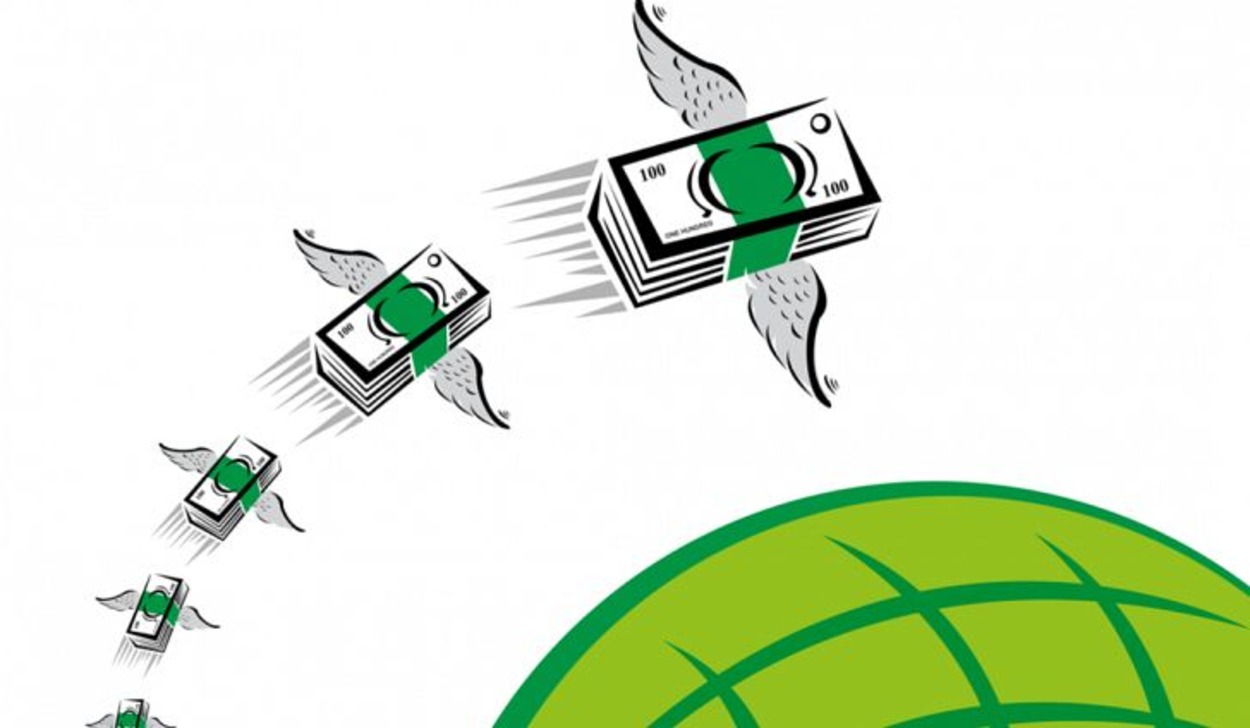In 2022, Uganda received USD 1.3bn in remittances from its diaspora community according to a World Bank and KNOMAD report. This would account for about 4.5% of Uganda’s GDP and…
Uganda Received USD 1.3bn in Remittances from its Diaspora in 2022 According to the World Bank.


